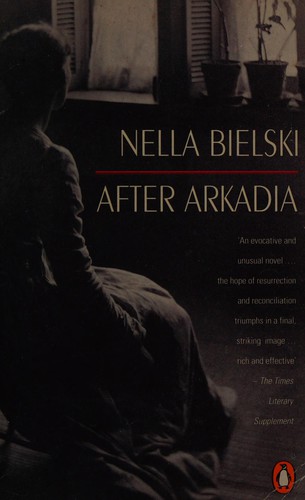Cian reviewed Offshore by Penelope Fitzgerald
How did this win a major literary prize
1 star
Dull and incredibly dated book, with a style that is both hard to read and tedious. The author is unable to depict characters through their actions, so everything is described through other characters thoughts in the most implausible way. The dialogue is stilted. Supposed based upon real events and people, though you'd never know it.
No idea how this ended up on my shelves, and it shall depart them quickly...
Dull and incredibly dated book, with a style that is both hard to read and tedious. The author is unable to depict characters through their actions, so everything is described through other characters thoughts in the most implausible way. The dialogue is stilted. Supposed based upon real events and people, though you'd never know it.
No idea how this ended up on my shelves, and it shall depart them quickly...












